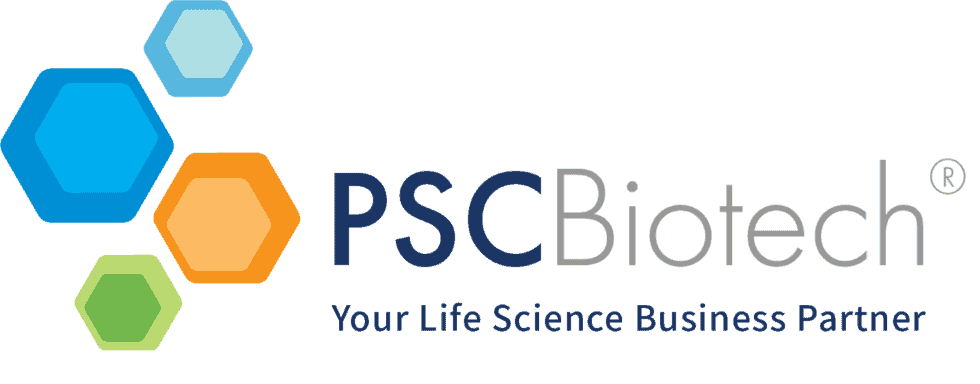Written By: Akshaya Mohan, Regulatory Affairs Manager, PSC Biotech Corporation
Data Integrity is a point of emphasis for the US FDA. That means they will always look at your data integrity program.
FDA expects that your data integrity program assures the accuracy, consistency, and completeness of data throughout a product life cycle, right from the conception of the document until its archival and destruction. FDA expects that your data and your meta-data (the data about the data) will be ALCOA, that is attributable, legible, contemporaneous, original, and accurate. When your data and meta-data are also complete, consistent, enduring, and available your meet the ALCOA+ (1-2). These data integrity principles apply to both paper and electronic records. Your company needs to develop data integrity systems that assure your data and meta-data are ALCOA+.
The reason why data integrity has become so important in recent years is due to the many cGMP violations that have surfaced involving these issues. These violations usually result in FDA Warning Letters, 483 citations, or other regulatory actions.
Data integrity is a critical step in analysis, strategy, and implementation of any process or system that creates, uses, stores, or retrieves data. If you cannot maintain integrity of data, you can’t prove to FDA that you can maintain high quality, uniformity in the process, and safety and efficacy of your products.
There are 3 backbones for Data Integrity
- A Quality Management System
- Sound principles and policies
- Good documentation practices (GDP)

Your company should adhere to basic Data Integrity practices.
- Ensure data is documented at the time of performance.
- Implement a quality compliant culture within the company.
- Train personnel involved in the processes to timely record data at every step in a product life-cycle.
- Make sure that all data recorded is complete and accurate.
- Make sure that documents are stored as “true copies” or “original records” or “effective versions”.
- Ensure that there are systems (paper or electronic) in place to store true copies or records that indicate the current protocol or process being followed in the company.
- Store data and meta-data to prevent deterioration or loss. While paper systems are also used by many companies for storage of data, electronic systems are the most beneficial when it comes to storing data in the desired format, easy accessibility, centralized database, as well as proper archival.
- Store backup data in its exact and complete form.
- Ensure stored data is secure from any sort of alteration, erasure, or loss.
- If you use an electronic system, use a validated electronic system or validate your electronic system. Electronic systems make it easy to create, edit, process, store, retrieve, and archive data, with a full 21 CFR Part 11 complaint audit trail to track activity.
Sound data integrity policies and systems ensure that companies deliver good quality, safe and reliable product with lowest rate of variation.
PSC Software™ has software solutions such as ACE® (Adaptive Compliance Engine®) and ACE Essentials™ that are fully integrated, validated, and fully configurable electronic Quality Management Systems that give you data integrity and adapt to how you run your quality systems and business. Life-science companies across many countries use PSC Software products to implement data integrity principles and maintain regulatory compliance.
Call us today to explore the right solution for your needs.
References
- FDA, Data Integrity and Compliance with CGMP, Guidance for Industry
- World Health Organization: Guideline on Data Integrity
- 21 CFR (Code of Federal Regulations) Part 210 (Current Good Manufacturing Practice in Manufacturing, Processing, Packing or Holding of Drugs), Part 211 (Current Good Manufacturing Practice on Finished Pharmaceuticals), Part 212 (Current Good Manufacturing Practice for Positron Emission Tomography Drugs)


